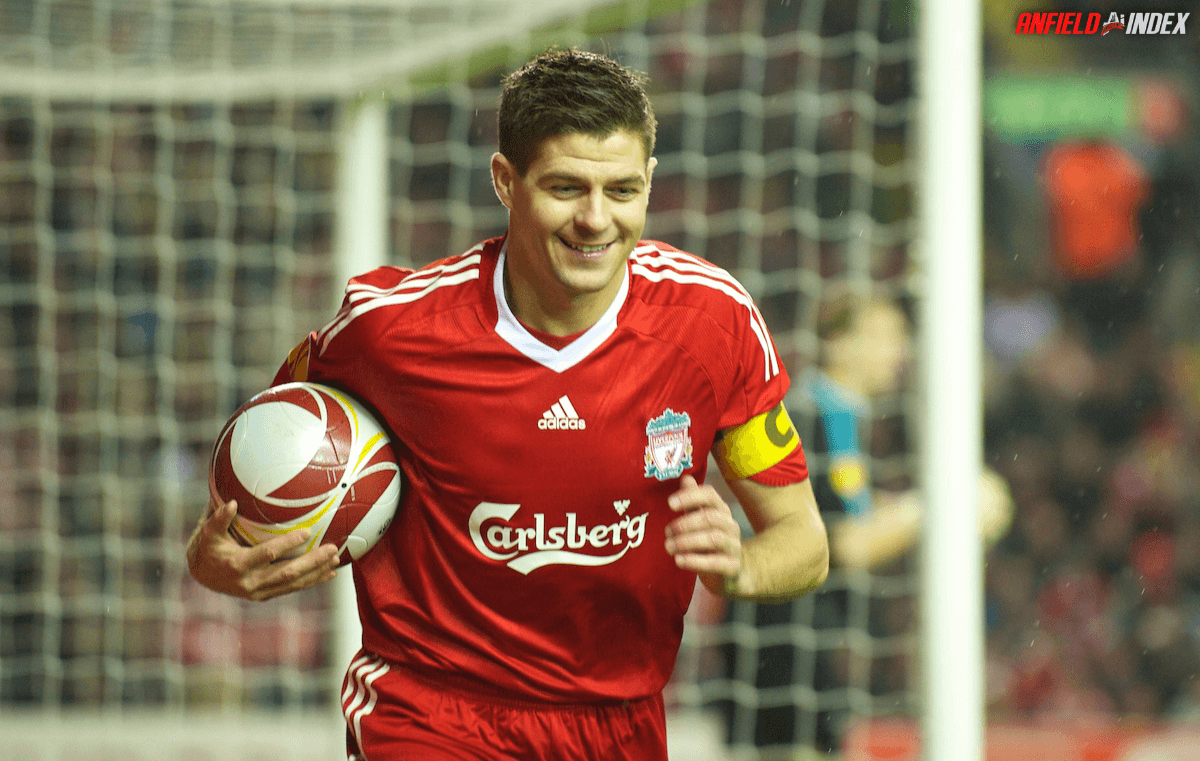Roy Hodgson Reflects on Liverpool Tenure: A Candid Admission
In a revealing interview with TNT Sports, as reported by Theo Squires in the Liverpool Echo, former Liverpool manager Roy Hodgson sheds light on his brief, yet tumultuous tenure at Anfield. The account provides a rare glimpse into the challenges faced by Hodgson during a pivotal time in Liverpool’s history.
Early Warnings and Unrealised Potential
Hodgson’s appointment in 2010, following his success at Fulham, coincided with a period of significant uncertainty at Liverpool. He acknowledges that both Martin Broughton, then Chairman, and Christian Purslow, Managing Director, had cautioned him about the impending ownership changes at the club. Hodgson admits, “Liverpool’s a fantastic football club and it’s a real honour to be invited to be the manager of Liverpool,” reflecting his initial optimism despite the warnings.
The difficulties Hodgson faced were further exacerbated by the turbulent ownership transition from Tom Hicks and George Gillett to Fenway Sports Group (FSG). This period of instability, as Hodgson indicates, was not the ideal environment for a new managerial stint, a sentiment echoed by many pundits and fans alike.
A Struggle for Success in Challenging Times
Under Hodgson’s guidance, Liverpool struggled to find consistent form, a situation he candidly acknowledges: “Of course, the problem was that we started badly… We didn’t win enough games.” This lack of success, particularly for a club with Liverpool’s stature, is often an insurmountable hurdle for any manager, and Hodgson was no exception.
His acknowledgement that a better start or more resources in the transfer window could have altered his fate at Liverpool is a common refrain among managers in similar situations. However, Hodgson’s reflection on this period is not tinged with bitterness but rather a pragmatic understanding of football management’s harsh realities.

Players’ Efforts and Moving Forward
Despite the challenges, Hodgson speaks highly of the squad he managed, absolving them of blame for the poor results: “They did the best they could do to help me out.” This appreciation for his players’ efforts highlights Hodgson’s professionalism and understanding of the complexities involved in football management.
Hodgson’s dismissal, making way for Liverpool legend Kenny Dalglish, was a moment he took “more sanguinely” compared to other career setbacks. This resilience and ability to bounce back underline Hodgson’s character and experience in the football world.
Legacy and Lessons Learned
Roy Hodgson’s time at Liverpool, albeit brief and fraught with challenges, offers critical insights into the complexities of football management, especially during periods of club transition. His reflections reveal not only the obstacles he faced but also his capacity to handle them with dignity and professionalism. As Liverpool continues to evolve, Hodgson’s tenure remains a significant chapter in its rich history, illustrating the ever-changing and unpredictable nature of football.



